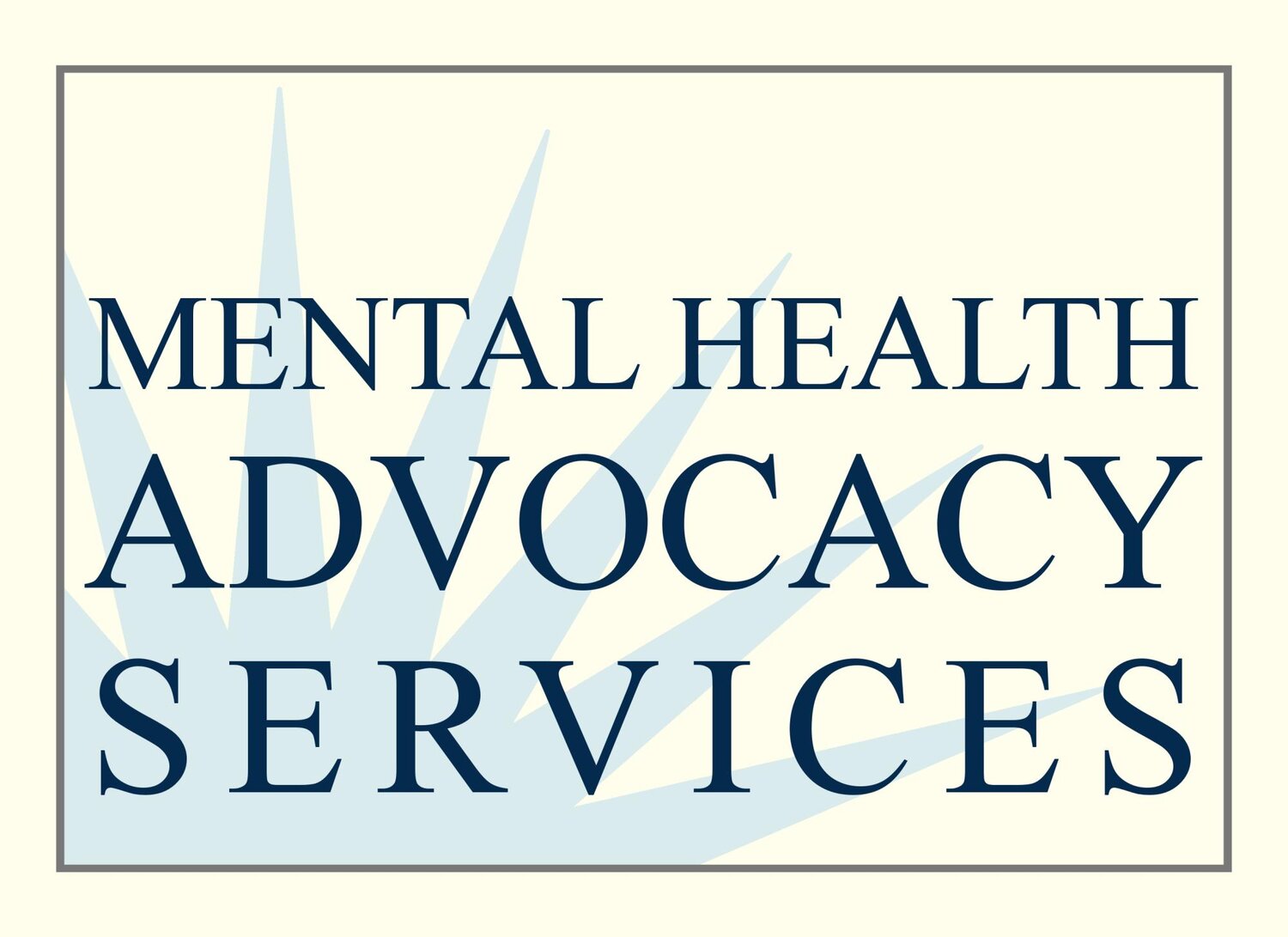Talking About Labels
by Eliza SchaflerEliza Schafler is an MHAS Equal Justice Works Fellow sponsored by Greenberg Traurig, LLP.
Recently, in our Behavioral Health-Legal Partnership (BeHeLP), I met with the mother of a child with a speech impediment that had led to bullying. This mother explained that she was interested in requesting Speech and Language services for her daughter. However, she had one concern: “If I ask for special education, will that label follow her around forever?”At first, I was surprised at this mother’s hesitation to access services. But reflecting further, I was reminded of another, seemingly very different, BeHeLP case: a transition-age youth appealing a denial of Social Security disability benefits. This young adult had accumulated a string of diagnoses throughout his short life – first a learning disability, then autism, then bipolar disorder, schizoaffective disorder, and PTSD. Reading his medical records to prepare his case, I noticed that every time his diagnosis changed, service providers and educators treated him differently.Of course, it makes sense that diagnoses can change over time, and that caretakers respond accordingly. Yet I couldn’t help noticing that, for this client, “labels” did matter. His diagnosis today may change tomorrow, yet it will greatly affect his case for life-changing disability benefits. How can we predict when labels will have an impact in years to come?I answered the mother’s question as honestly as I could. It is true that accessing mental health services can lead to labeling and stigma. Yet the right services can reduce stigma when they treat the underlying health need. And, of course, they help people get better.
